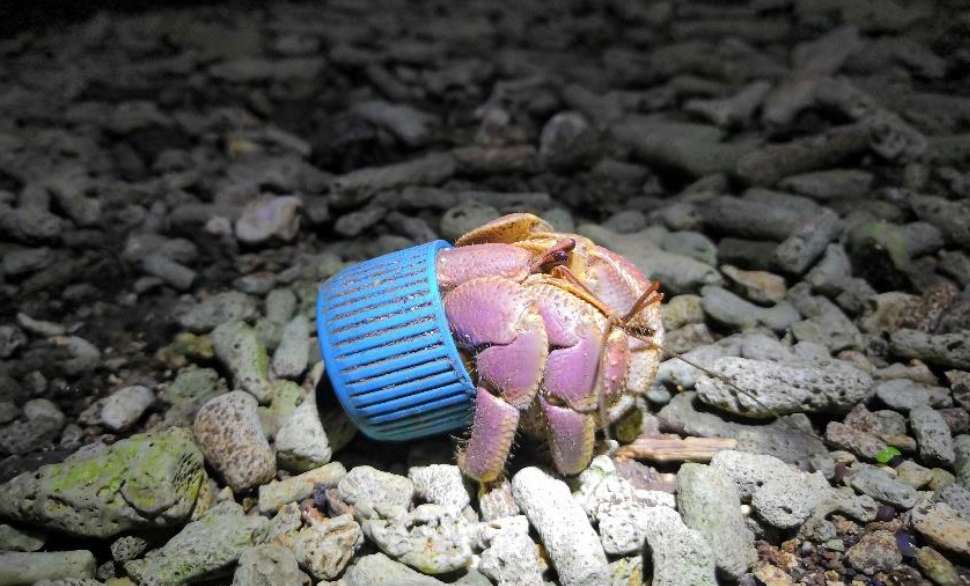Through addressing marine pollution challenges, the OCPP hopes to support the collection and interpretation of environmental data which are then used to inform targeted mitigation methods, produce appropriate action plans and frameworks, raise awareness across sectors and stakeholders and understand risks to ecosystems and communities. In addition, OCPP by partnering with in-country experts aims to build capacity and greater understanding of the issues surrounding marine pollution to reduce inputs into the environment through the development of innovative and country appropriate solution.
What is Marine Litter?
Marine litter, a persistent marine pollutant is any manufactured or processed solid material discarded, disposed of or abandoned in the marine and coastal environment. Marine litter has dire environmental, social, economic, health and safety, and cultural impacts. Hence, there is a global call for its prevention and the mitigation of its negative impacts.
The Centre for Coastal Management, the regional Centre of Excellence in Coastal Resilience at the University of Cape Coast with support from the OCPP will be running the first West Africa Marine Litter Training Programme. The programme is comprised of three courses namely;
Course 1: Marine Litter Assessment and Monitoring (Macro- and Microlitter)
Course 2: Socio-economic and Behavioural Research in the Context of Marine Litter
Course 3: Marine Litter Management - Policy and Interventions
The courses will be hybrid and modular-based with both theoretical and practical sessions.
Venue and Date
Venue: The course will take place online in the form of self-paced e-learning followed by a 2-week in-person session held at the University of Cape Coast, Ghana.
Tentative dates: Self-paced e-learning will occur between the 21st Sep. – 21st Oct., 2024, with the in-person component being held between the 21st Oct. – 1 Nov., 2024


